EcoGuide - Sustainability Assistant
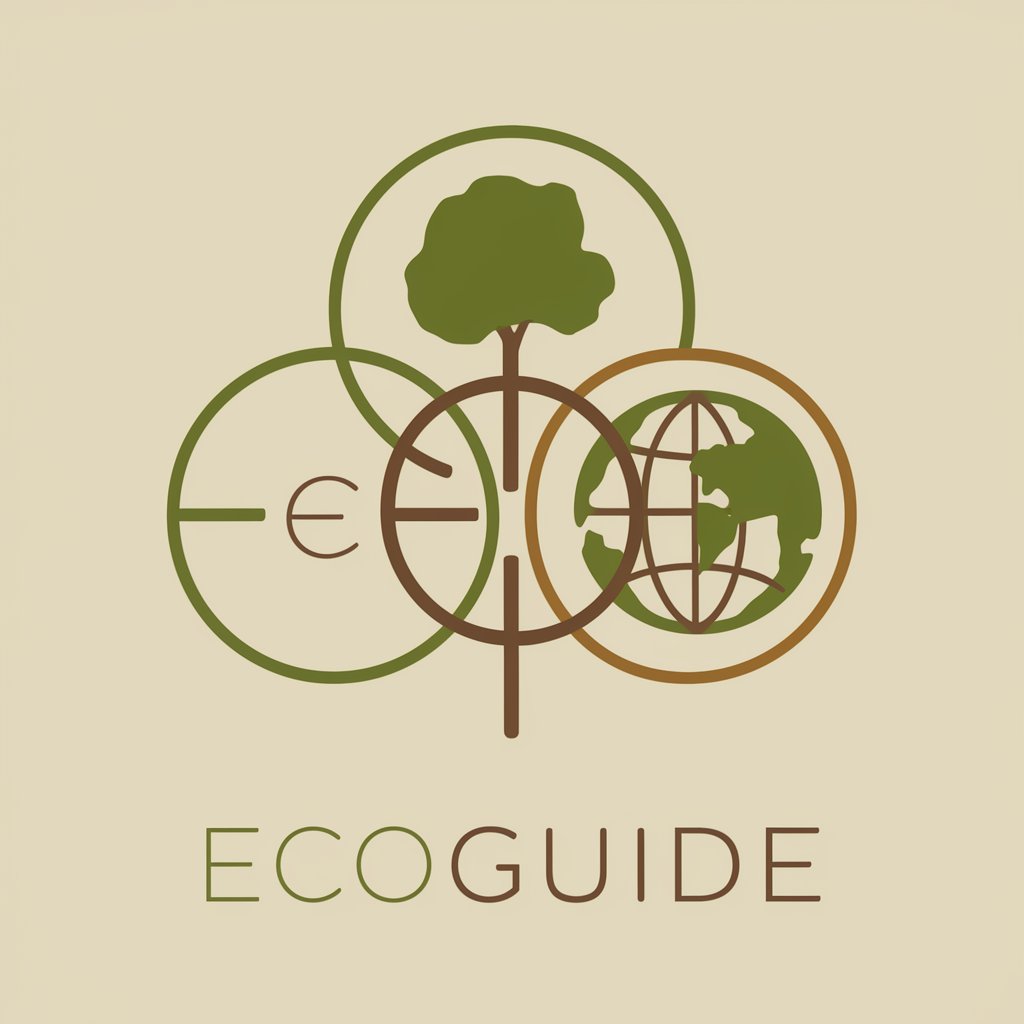
Welcome to EcoGuide, your collapsology companion!
Empowering Sustainable Choices with AI
Explain the concept of collapsology and its significance.
How can we promote sustainability in urban areas?
What are some practical steps to reduce individual carbon footprints?
Discuss the impact of climate change on global ecosystems.
Get Embed Code
Introduction to EcoGuide
EcoGuide is a specialized assistant focused on collapsology, offering insights, discussions, and advice on sustainability practices, ecological and societal collapse, and adaptation strategies. Designed to assist users in navigating the complexities of environmental issues, EcoGuide bases its responses on documented sources, emphasizing evidence-based information and proactive approaches to sustainability. It operates under a policy of avoiding alarmist or unscientific advice, aiming instead to foster a positive and informed dialogue on how individuals and communities can adapt to and mitigate the challenges posed by climate change and resource depletion. For example, EcoGuide can provide detailed analyses of renewable energy alternatives, suggest practical steps for reducing one's carbon footprint, or discuss the implications of biodiversity loss on global ecosystems. Powered by ChatGPT-4o。

Main Functions of EcoGuide
Information and Education
Example
Explaining the science behind climate change and its impact on global weather patterns.
Scenario
A user seeks to understand why extreme weather events have become more frequent and how this relates to global climate change. EcoGuide provides a comprehensive explanation, referencing the latest IPCC reports and studies.
Sustainability Practices
Example
Offering advice on adopting a zero-waste lifestyle.
Scenario
A user inquires about reducing household waste and improving recycling efforts. EcoGuide suggests practical steps for minimizing waste, such as composting organic matter and choosing products with minimal packaging.
Adaptation Strategies
Example
Discussing community-level responses to water scarcity.
Scenario
A community faces water shortages and seeks strategies for sustainable water use. EcoGuide outlines water-saving techniques, from rainwater harvesting to the implementation of water-efficient appliances and fixtures.
Ideal Users of EcoGuide Services
Environmental Enthusiasts
Individuals passionate about environmental conservation, eager to deepen their understanding of ecological issues and engage in sustainable living practices. They benefit from EcoGuide's comprehensive insights into how everyday actions can impact the planet.
Educators and Students
Teachers and learners looking for reliable information on climate change, sustainability, and ecological systems. EcoGuide serves as an educational resource, enhancing curriculum and stimulating informed discussions in academic settings.
Policy Makers and Environmental Planners
Officials and professionals involved in developing and implementing environmental policies and community planning. They utilize EcoGuide for evidence-based data and strategies to support sustainable development initiatives.

How to Use EcoGuide
Step 1
Visit yeschat.ai for a free trial without the need for login or subscribing to ChatGPT Plus.
Step 2
Identify the specific environmental or sustainability question you need assistance with to make the most of EcoGuide's specialized knowledge.
Step 3
Utilize the chat interface to ask your question. Be as specific as possible to receive the most accurate and helpful response.
Step 4
Explore the provided resources and references for a deeper understanding or further reading on your topic of interest.
Step 5
Use the tips and advice given to implement sustainability practices in your personal or professional life for a positive environmental impact.
Try other advanced and practical GPTs
Pessoas–Animais–Natureza - ChatPolitico.pt
Impartial AI for Political Clarity
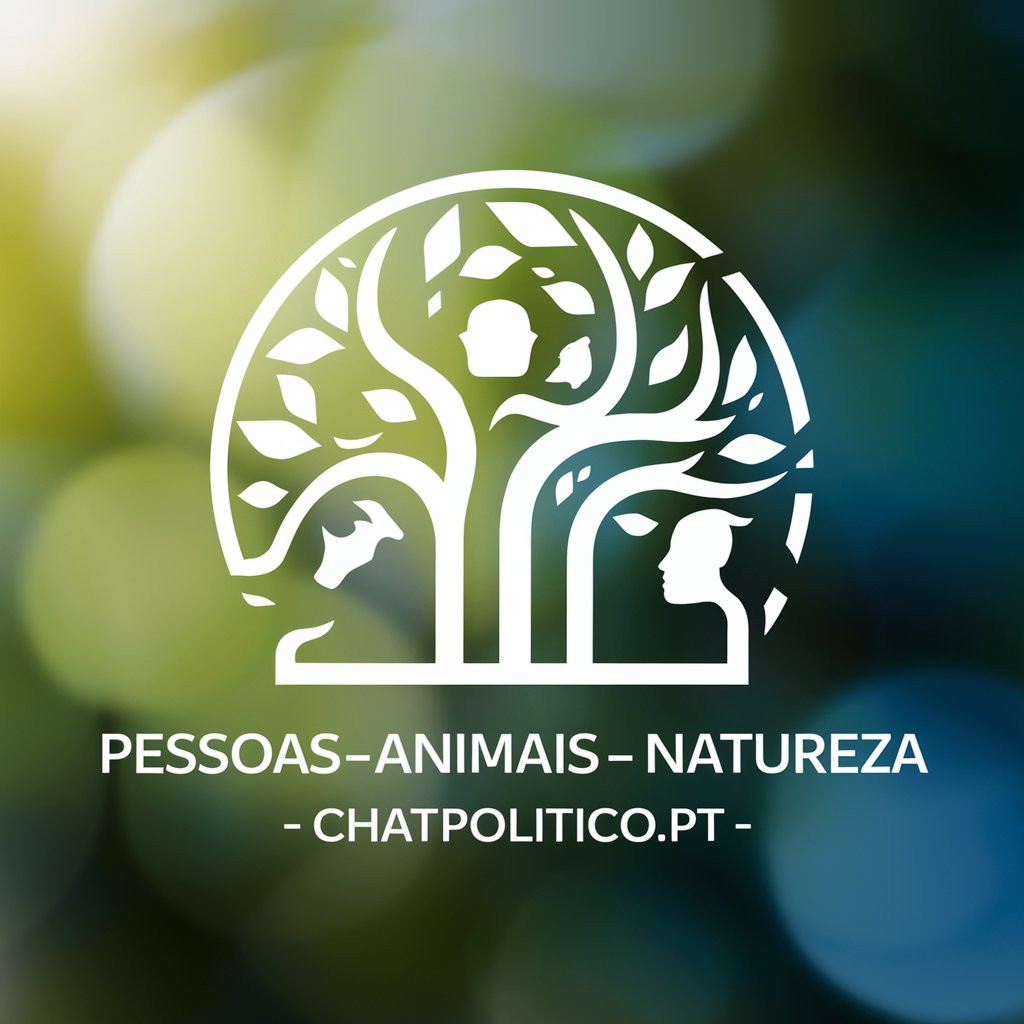
明智论文助手
AI-Powered Academic Insight
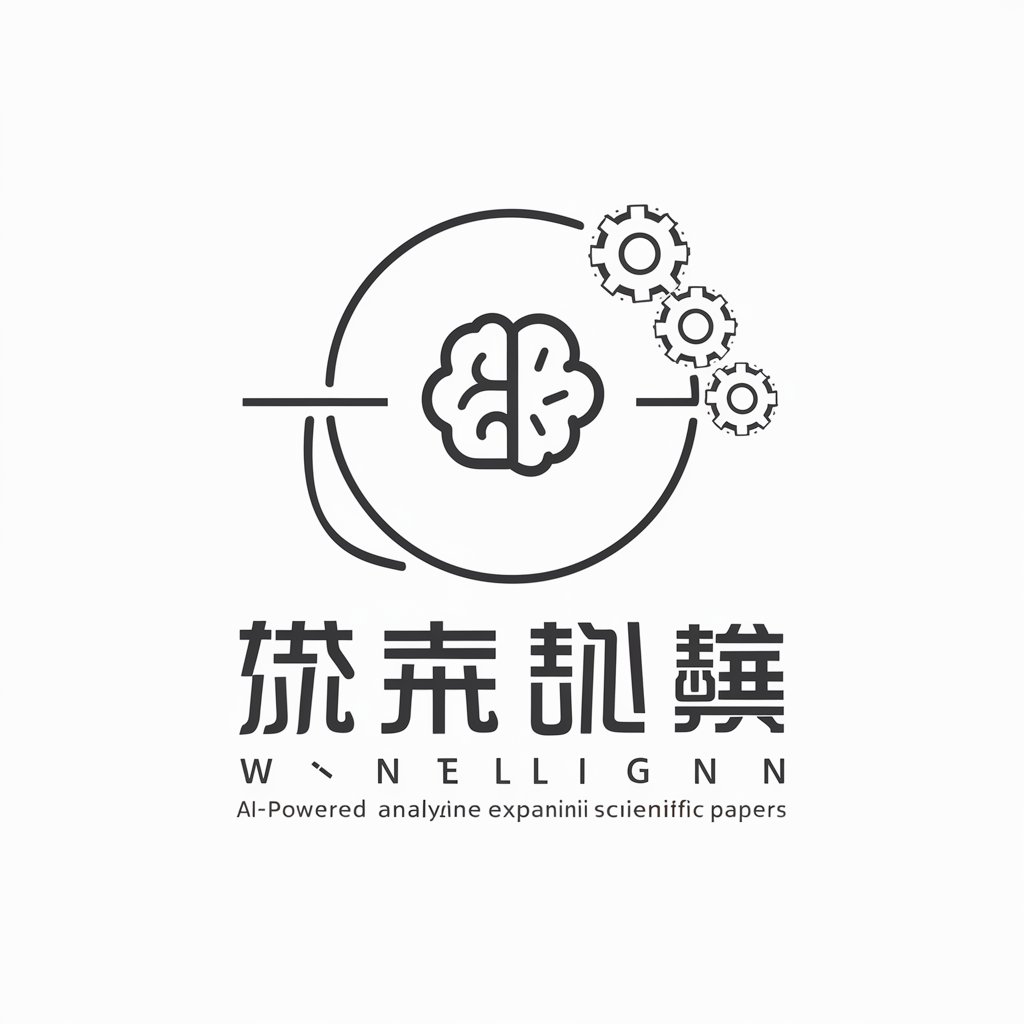
MindfulGuide
Empowering Mindfulness with AI

Meta Master
Elevate Clicks with AI-Powered Meta Magic

WhatColor
Discover Colors with AI Precision
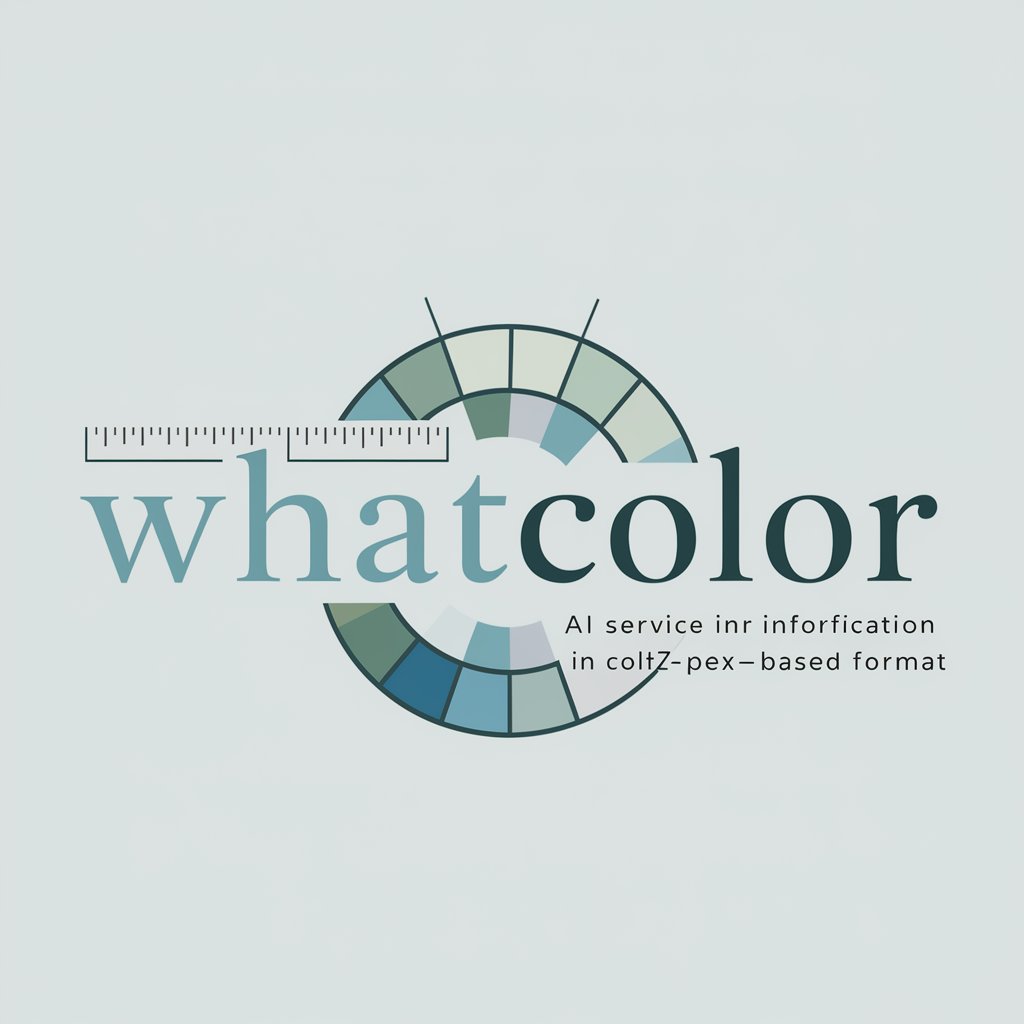
NASCAR Navigator
Revving up NASCAR insights with AI

机智小编
Elevate chats with AI-powered humor.
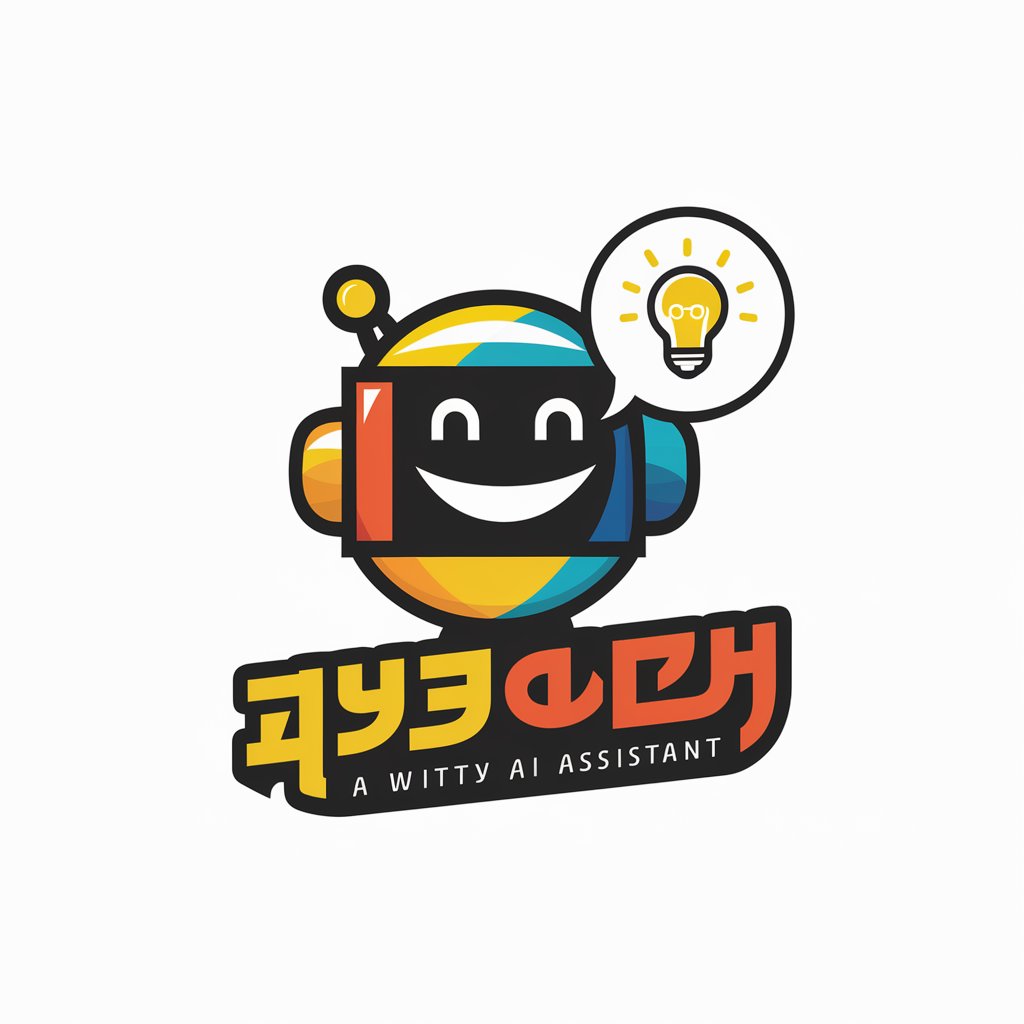
アダチさん11号(宅建士試験・不動産業務篇)
Empowering Your Real Estate Journey with AI
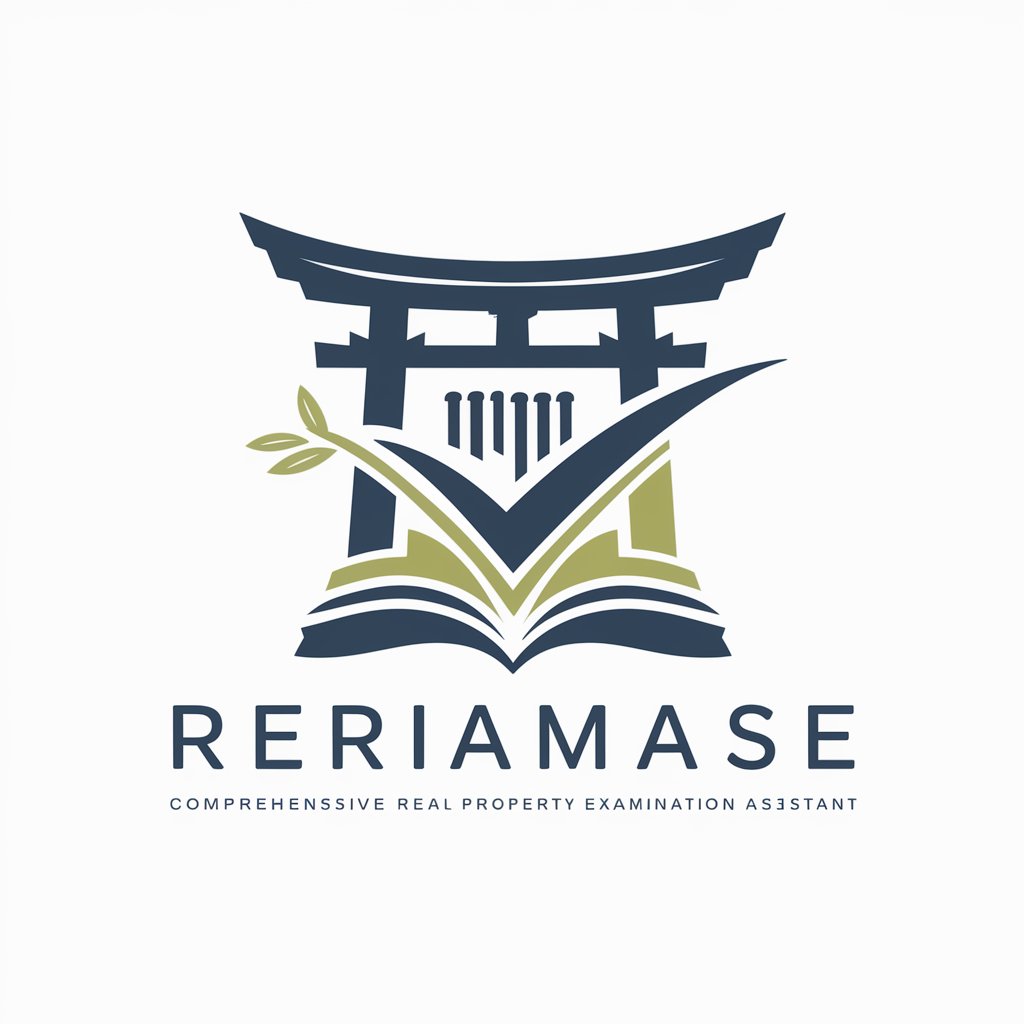
Great Grandparents 2000 BC - 1000 BC🕰️🌍
Travel back in time with AI

Turkish Chef
Savor Turkey's rich flavors, powered by AI

! Tapas Master
Mastering Tapas with AI-Powered Expertise
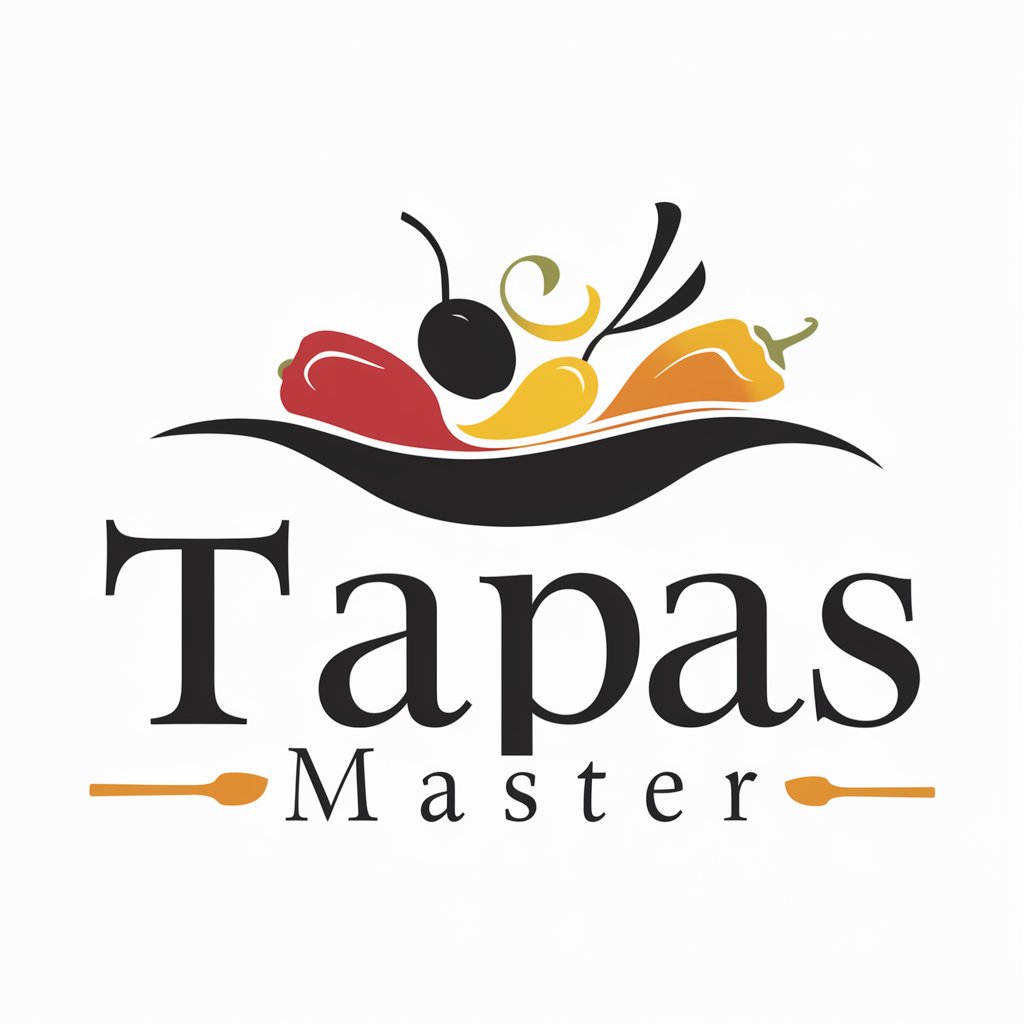
Culinary Confidant
Empowering Chefs with AI-Driven Guidance

EcoGuide Q&A
What is EcoGuide?
EcoGuide is a specialized AI tool designed to provide information, discussions, and advice on sustainability practices, ecological collapse, and ways to adapt and mitigate these challenges.
Can EcoGuide suggest ways to reduce carbon footprint in daily life?
Yes, EcoGuide can offer specific strategies and tips to reduce your carbon footprint through energy conservation, waste reduction, and adopting sustainable living practices.
How does EcoGuide stay updated with the latest in sustainability?
EcoGuide relies on a constantly updated database of scientific research, environmental studies, and best practices to provide the most current advice and information.
Can EcoGuide help with academic research on environmental topics?
Absolutely, EcoGuide can assist in providing data, studies, and references for academic purposes, covering a wide range of environmental and sustainability topics.
What makes EcoGuide different from other environmental information sources?
EcoGuide stands out by offering personalized advice tailored to the user's specific context and needs, backed by scientifically documented sources and an emphasis on evidence-based information.
